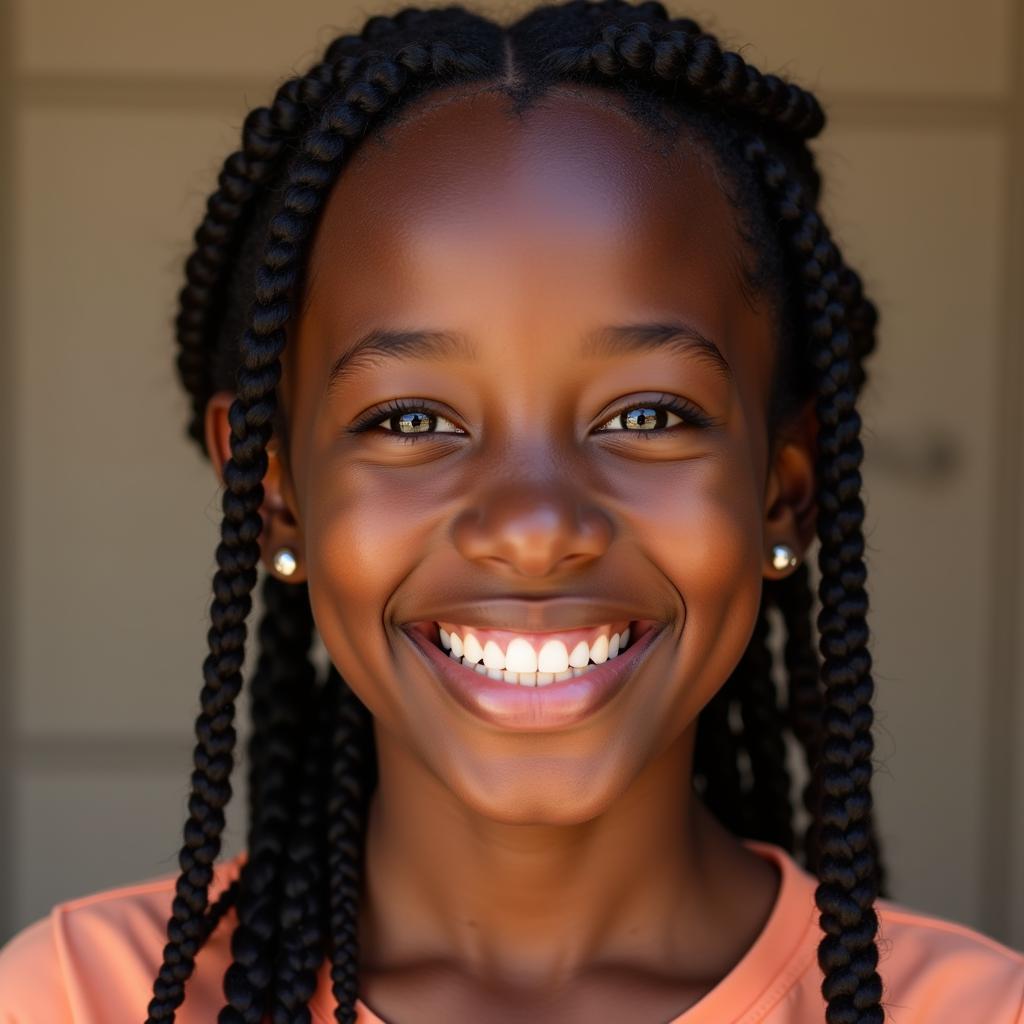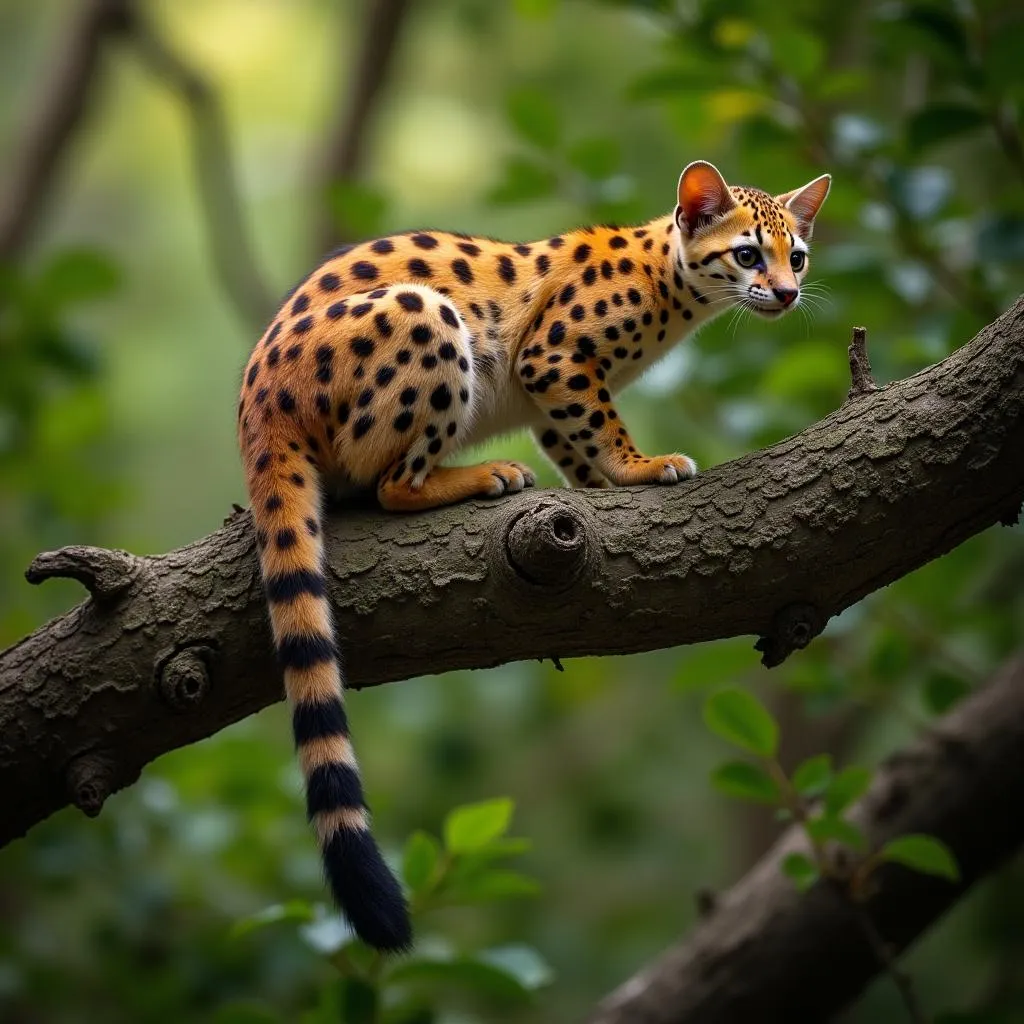African Gods and Their Marvelous Influence
The intersection of African gods and Marvel comics has sparked a renewed interest in the rich tapestry of African mythology. These deities, with their captivating stories and immense powers, offer a unique lens through which to explore the continent’s diverse cultures and traditions. From powerful storm gods to cunning tricksters, the pantheon of African gods provides a wealth of inspiration for storytellers and artists alike.
Unveiling the Power of African Gods in the Marvel Universe
The Marvel universe, known for its diverse characters and intricate storylines, has increasingly drawn inspiration from African mythology. This integration not only introduces a new dimension to the superhero narratives but also provides a platform for showcasing the richness and complexity of African gods. Characters like Ororo Munroe, also known as Storm of the X-Men, embody the power and reverence associated with these ancient deities. Her connection to the weather and her lineage tracing back to an ancient line of African priestesses highlights the influence of African spiritual beliefs. This inclusion of African gods within the Marvel universe allows audiences worldwide to glimpse into a world of vibrant mythology often overlooked in mainstream media. The depictions, while sometimes adapted for creative purposes, offer a starting point for those intrigued by the power and significance of these ancient figures.
The portrayal of African gods in media like Marvel comics offers a unique opportunity to learn about different cultures and perspectives. For instance, the depiction of Bast, the Panther goddess in Black Panther, showcases the strength and wisdom associated with feminine deities in some African traditions.
Exploring the Diversity of African Gods and Marvel’s Interpretations
The sheer diversity of African gods is astounding. From the Yoruba pantheon with its vibrant orishas to the Egyptian gods with their intricate rituals and hierarchies, each culture boasts a unique set of deities reflecting their values and beliefs. This vast array of gods offers a rich source of inspiration for Marvel’s creative team. The depiction of these gods in comics, however, presents a unique challenge. Balancing creative license with cultural sensitivity is crucial to ensuring respectful and accurate representations.
For example, the character of Anansi, the trickster spider god, appears in various West African mythologies. Marvel’s interpretation of this character maintains his cunning and intelligence while integrating him into the superhero narrative. This inclusion allows for a broader understanding of the role trickster figures play in different cultures.
African monuments offer tangible links to the rich history and spiritual beliefs of the continent, often depicting or referencing these powerful deities.
How Marvel’s African Gods Reflect Real-World Mythology
The representation of African gods in Marvel comics often mirrors aspects of real-world mythology. While adaptations are made to fit the narrative, the core characteristics and powers of these deities often remain consistent. This provides a valuable opportunity for audiences to connect with the source material and learn more about the cultural context from which these characters originate. The depiction of Shango, the Yoruba god of thunder, for instance, often reflects his association with lightning and his powerful, commanding presence. These parallels between the comic book interpretations and the traditional portrayals enhance the understanding and appreciation of African mythology.
Are Marvel’s Depictions Always Accurate?
While Marvel strives to incorporate elements of authentic African mythology, creative liberties are sometimes taken to enhance the narrative. It’s important to recognize that comic books are a form of entertainment and not necessarily a scholarly source on African religions. However, the inclusion of these deities sparks curiosity and encourages further exploration of these fascinating belief systems.
Dr. Anika Mutiso, Professor of African Studies at the University of Nairobi, shares her insights: “Marvel’s portrayal of African deities, while not always entirely accurate, serves as a valuable introduction for a global audience. It opens a door to a world rich in mythology and cultural significance, encouraging further exploration and understanding.”
The Impact of African Gods on Marvel Storytelling
The integration of African gods into Marvel storylines adds depth and complexity to the narratives. These deities introduce new powers, conflicts, and moral dilemmas that enrich the superhero universe. Their presence also allows for exploration of themes related to identity, heritage, and the clash between ancient traditions and modern society.
7 most beautiful & successful african actresses in hollywood are breaking barriers and gaining recognition in the global entertainment industry, reflecting the increasing influence of African culture.
Why are African Gods Appearing More Frequently in Marvel Comics?
The increasing inclusion of African gods in Marvel reflects a growing awareness and appreciation for diverse cultures and mythologies. It also demonstrates a desire to create more inclusive and representative narratives within the superhero genre. This shift towards greater diversity enriches the storytelling and resonates with a wider audience.
Professor Kwame Asante, a renowned expert on African folklore, notes, “The rise of African gods in popular culture, including Marvel comics, signifies a crucial shift towards recognizing and celebrating the richness and complexity of African narratives.”
African active volcano demonstrates the raw power of nature, a force often associated with powerful deities in African mythology.)
The Future of African Gods in Marvel
The future of African gods in the Marvel universe appears bright. As audiences continue to embrace diverse storytelling, the demand for more inclusive and representative characters will likely grow. This presents an exciting opportunity to further explore the vast pantheon of African deities and their potential within the superhero narrative.
In conclusion, the presence of African gods in Marvel comics has not only expanded the creative possibilities within the superhero genre but has also brought much-needed attention to the rich and diverse world of African mythology. The integration of these powerful figures sparks interest, encourages learning, and ultimately contributes to a more inclusive and representative portrayal of global cultures. African gods and Marvel, together, provide a compelling narrative for the 21st century.
FAQ
- Which African gods are featured in Marvel comics? Several, including Bast, Ororo Munroe (Storm), and Anansi.
- Are these depictions accurate representations of African mythology? While adapted for narrative purposes, they often retain core characteristics.
- Why are African gods appearing more in Marvel? It reflects a push for greater diversity and inclusivity in storytelling.
- How do African gods impact Marvel storylines? They add complexity, exploring themes of identity and cultural clashes.
- What is the future of African gods in Marvel? Likely continued integration and exploration of diverse deities.
- How do African Gods compare to other pantheons in Marvel? Their unique powers and stories offer fresh perspectives.
- Where can I learn more about African mythology? Numerous resources, both online and in print, are available for further exploration.
Need support? Contact us 24/7: Phone: +255768904061, Email: [email protected], or visit us at Mbarali DC Mawindi, Kangaga, Tanzania.

